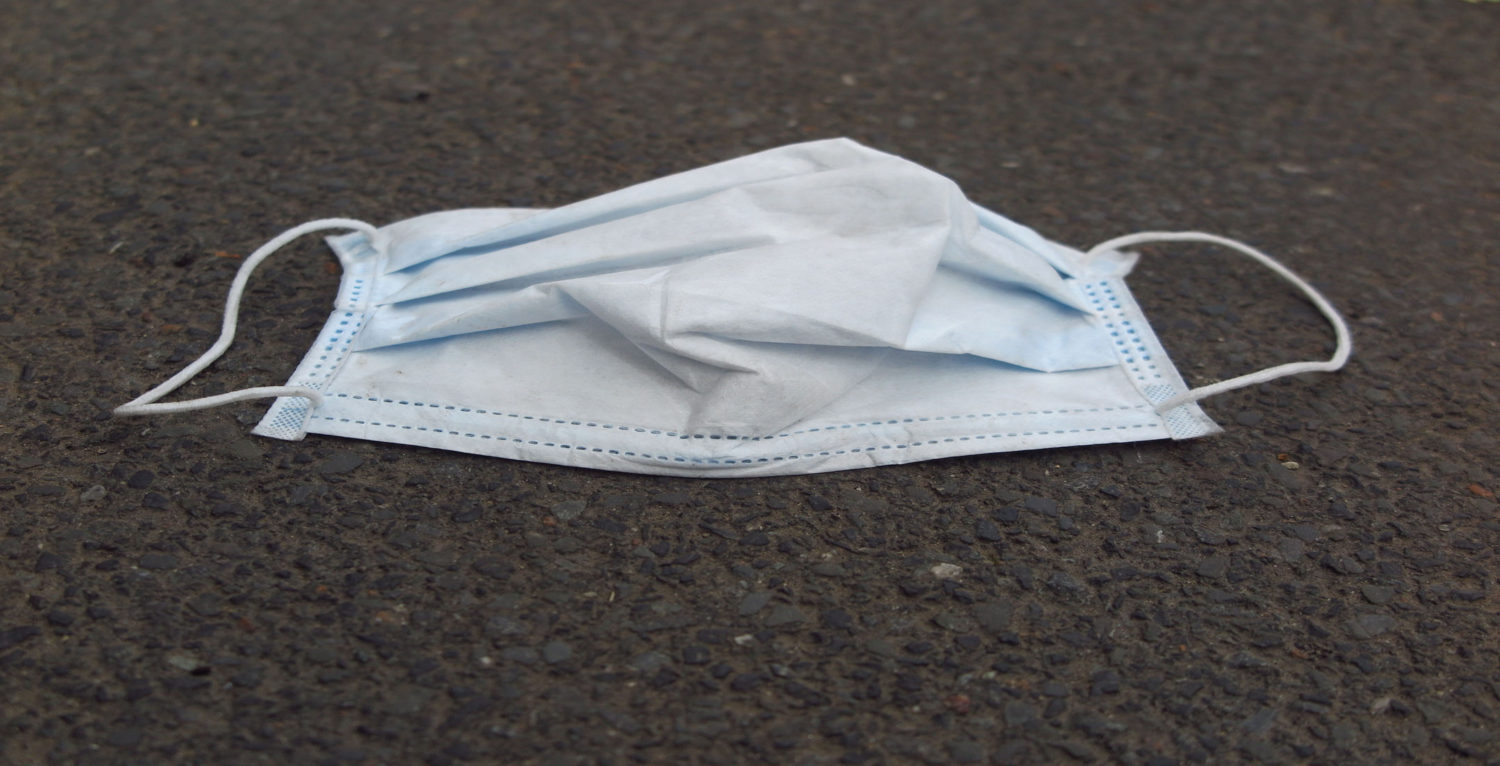On the edge
The coronavirus crisis has shifted many more people to the margins of society, writes Grace Quantock
Welcome to the margins. I’d hoped never to see you here – and I see many more arriving behind you.
With vulnerable people still told to stay indoors for their protection, many are feeling worried about exactly which category they fall into. I’ve witnessed many people performing extravagant mental gymnastics to reassure themselves that guidelines don’t apply to ‘people like them’. Before lockdown began on March 23, many people saw themselves as capable adults like any others, not as ‘vulnerable’. But then the rules changed.
That is something those of us on the margins know a lot about. I realise that back in March many people may not have known we existed, those of us who are marginalised due to systemic and structural inequities. Or perhaps we were abstract, a statistic you’d read about, a sad story that did not quite make the headlines. Now you may have found yourself corralled with us. The disabled, poor, marginalised, immigrants are all deemed disposable – or at least that is how it feels. The social safety net for those of us on the margins is astonishingly thin and difficult to locate, as nearly 500,000 people who have applied for universal credit in the wake of Covid-19 will now be experiencing.
Psychotherapeutic counsellors like me are seeing clients whose sense of self shifted overnight. Because of their pre-existing conditions, they are now classed as ‘vulnerable’. Who wouldn’t struggle to process such a shifting of boundaries? In my work with such clients, I reflect that such boundaries present themselves as ‘the science’ but in fact (as is the case with, you know, actual science) aren’t fixed.
The boundaries of the people worth saving are written and rewritten continuously. Your status in any group is always temporary and conditional. You may be written out in the next assessment. This is not the first time this has happened; with the increasing medicalisation of disability in the early 20th century, the medical profession took the lead in assigning categorisations to access support or independence within hospitals, asylums and later residential homes. Increasingly, disabled and chronically ill people (although they were not termed thus) were syphoned out of communities and removed to clinical spaces to house them away from the ‘norm’ of life.
Dr Jules Montague, author of the forthcoming book, The Diagnosis Cure, explores the ‘conditional and flexible nature of diagnoses’. Diagnoses, she explains from her experience in Mozambique and India, and treating the Bangladeshi community in Tower Hamlets “vary from culture to culture”. Diagnoses are revised as classification evolves and scientific advances allow more specific testing, this particularly relations to genome understanding. The revision of a diagnosis can be deeply disenfranchising, leaving patients stranded or catapulted into new diagnostic categories. We are seeing this on a national scale with today’s shielding and vulnerable criteria. It is especially distressing when it arises in a conversation about the rationing of care. Our current welfare state systems were designed in conjunction with this medical view of disability. The categories of who needed and could access support were (and are still) repeatedly drawn and redrawn around disabled people.
For many people in the UK, who just a few weeks ago were tax-paying, valued members of society have now been deemed expendable, or at least that is how it feels. when you might not be allowed to have access to lifesaving treatments in a time when that treatment is scarce. That is the kind of feeling that stays with you, a sense of being orphaned from society. Values have been re-written again. This has a huge societal and psychological impact. It is a betrayal of the social contract and to us on the margins, it comes as no surprise. We always knew those social contracts were flimsy and voided if you stepped out of a proscribed set of behaviours. Experience illness, addiction, pain, loss and you are on the outside looking in at what used to be your life.
But for many, their latest shift in status is a betrayal of the social contract they paid into. More than 500,000 people have been added to the covid vulnerable patient list. In crises, we often see surges in marginalisation. Society has been split along the fault lines that existed pre-pandemic. These were invisible to many, but we lived with a constant awareness of the instability our world was built on. I hope we remember how easy it is for the lines to move and for people to slip through the gaps.
Photo: flickr/Tim Dennell

